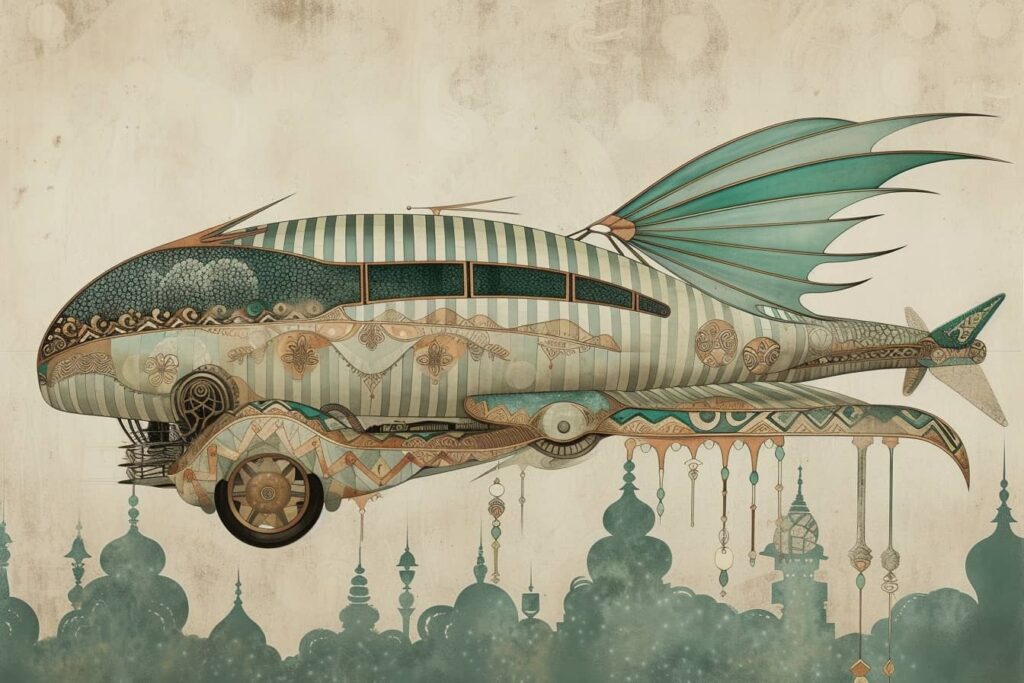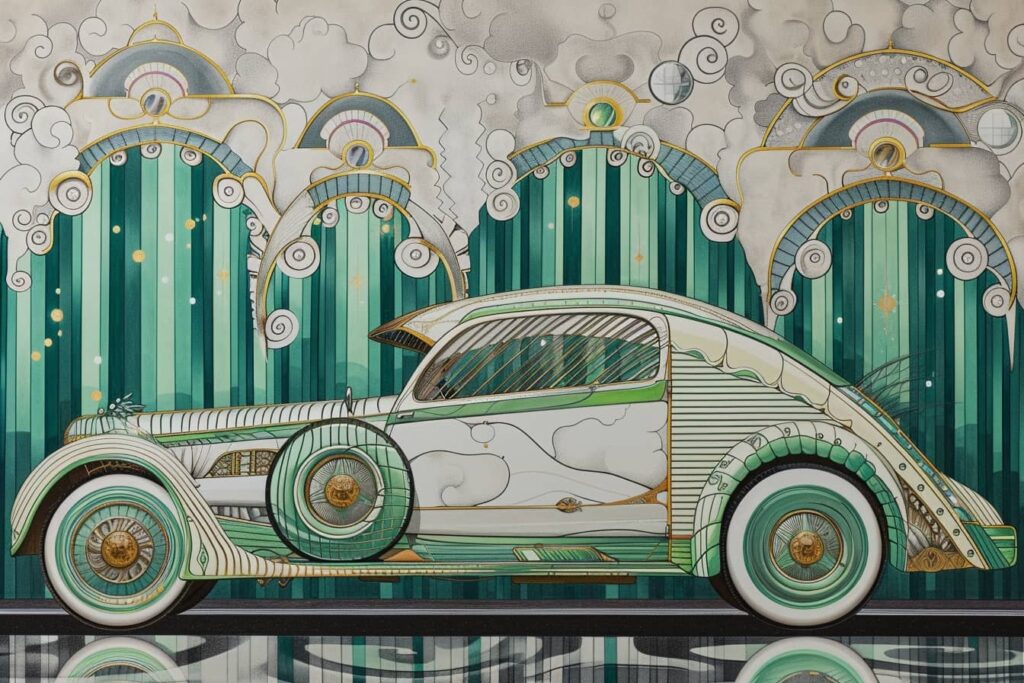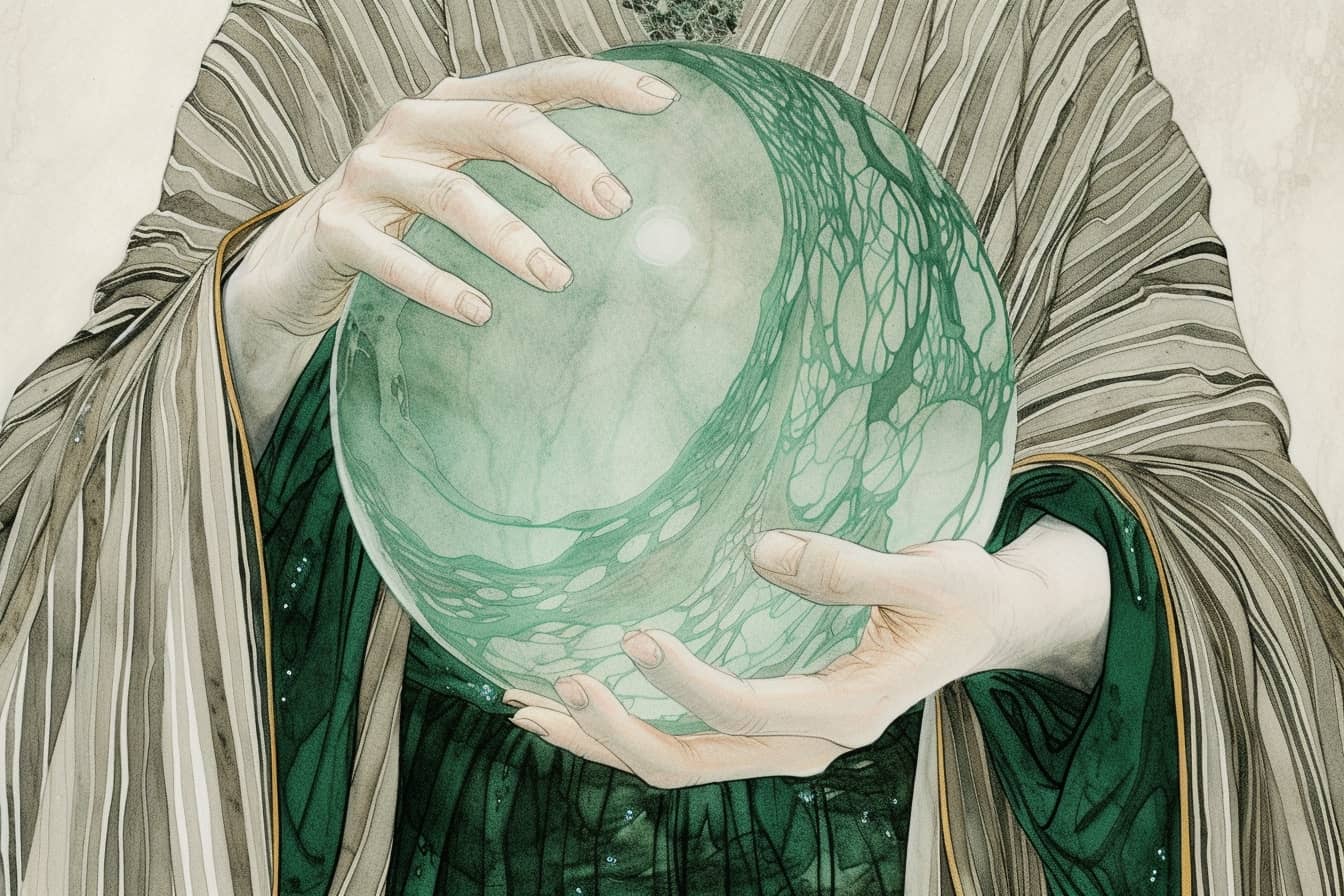Once upon a time there was a future where we would be surrounded by holographic displays, travel to Mars for holidays, and cure incurable diseases with genetics. They were predictions made with conviction and hope, but which at the moment appear terrible, simple fantasies. I take you on a little journey through some of the boldest predictions of the past, examining why they didn't come to fruition and how they affected our perception of the future.
Flying cars: a dream left in the garage

Who among us hasn't dreamed, at least once, of speeding through traffic in a flying car? The 60s and 70s were full of predictions that by the year 2000 we would leave land traffic behind us. And yet, here we are, still discussing traffic blocks and low-emission zones. It's almost as if the future has decided to go on vacation without us.
Among the most recent and promising attempts in the flying car sector is that of the Chinese company Xpeng, with his X2. It is a futuristic-looking flying car with a high-tech interior and scheduled for launch later this year, with approval on public roads. Price? From 120.000 to 230.000 euros. Nothing to do, however, with the "Jetsons" scenarios of the best (I mean worst) forecasts.
Predictions on space tourism? Further away than a shooting star

“By 2020, holidays on Mars will be an everyday reality!” the experts said in their enthusiastic predictions. At the moment, the only excursions on the red planet have been made by a (glorious) helicopter, which stopped working just yesterday.

It is true that the latest research raises the possibility of establishing colonies on Mars: water exists, in abundance, in the form of ice. The truth, however, is that for now the real space journey is what we do every night in our dreams, given that in reality we are still standing here, looking at the sky.
The Miracle Medicine: The Not-So-Healthy Future

Remember when they told us that we would eradicate all diseases thanks to scientific advances? I'm still waiting for the pill that cures the flu with just one sip of water. Instead, here we are again, dealing with surprisingly resistant viruses and with a science that, although advanced, has not yet found the "solve everything" button.
It must be said, here, that my judgment is perhaps too harsh. Research (and diagnostics) are constantly evolving, and never before have we been so close to forms of "vaccine" against various forms of cancer (2025), and real-time medical screening thanks to ea sensors wearable devices. A little more patience, and above all less carelessness in forecasts.
Robotics: our mechanical friends who never arrived

“By 2010, every home will have a home robot!” Ah, the sweet predictions of the past! Instead, the only robot I have at home is the one that vacuums dust, and even that sometimes gets lost under the sofa.
Here too, to be honest, there have been many steps forward. For the first time, humanoid robots appeared on the world stage, and for the first time has been started building an android factory. I say that Optimus e figure (the two players that currently seem most promising) will be in the game by 2030, first in companies. To see them in homes we will have to wait until the next decade.
Hydrogen: according to forecasts we would also have put it in coffee, but instead

In an article in the American magazine Popular Mechanics dated May 2005, one of the predictions concerned the imminent arrival of hydrogen cars. The enthusiasm (unmotivated, in hindsight) was the result of the renewed, strong interest that was shown towards this technology in that period. However, the hydrogen car market has not taken off as expected.
Despite the production of various prototypes and models by large automotive companies, hydrogen cars have remained a distant niche, mainly due to logistical and infrastructure challenges.. Ditto with aircraft: the first liquid hydrogen aircraft with crew took flight for tests in September 2023. A month earlier, plans for hydrogen cargo ships. We're far. Good or bad? Not relevant here. The fact is that the "hydrogen" predictions were spectacularly wrong.
Predictions about the future, eternal laggards
Ultimately, the future we were promised appears to be a guest who forgot to show up to the party. Maybe it's better this way; after all, who needs flying cars when we have the pleasure of listening to the roar of traffic while enjoying a hot coffee, trapped in the car?
Perhaps it is precisely in these small imperfections and delays in progress that the true essence of humanity is found: imperfect, uncertain, but always fascinating. Who knows, maybe one day, when we least expect it, the future will knock on our door.
Let's just hope we're not in the bathroom at that moment.


